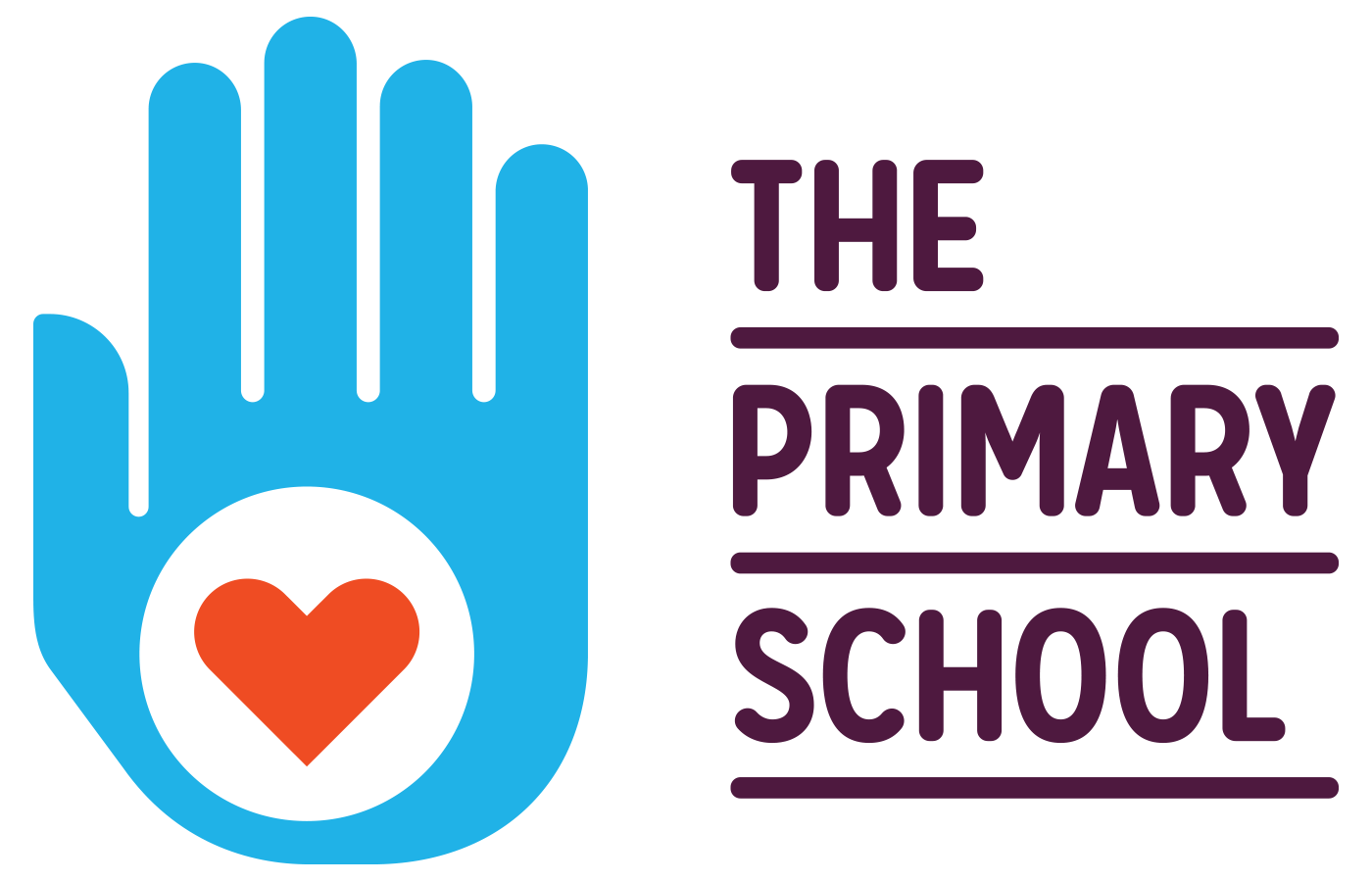Developing Early Language Skills with Bridge to Preschool
Our Bridge to Preschool program is now in its third year of operation. Typically, the program is hosted over the course of seven months. During group sessions, toddlers learn preschool routines and build social-emotional and language skills. Parents also attend parent-only sessions to learn new strategies to use at home. Because of COVID-19, the Bridge to Preschool program this year was only hosted for two out of the originally planned seven months. This first part of the program was specifically focused on improving language development, targeting two- and three-year-olds with an identified need for support in the area of communication skills.
Every week, small groups of parents and children joined us for an hour and a half at the Little Blue House, a space that we share with other birth to three providers in the East Palo Alto community. The first hour of each session was child-focused and meant to encourage language development and introduce children to classroom routines. The last 30 minutes of the session focused on parents. While children played outside with childcare supervision, parents discussed and modeled a variety of language development strategies with our speech and language pathologist. Topics included describing objects, repeating language during routines, and extending a child’s language beyond their current communication level.
OUTCOMES
Parents reported an increase in their child’s communication skills. Tools such as language boards helped parents understand how to engage in conversation with their child during everyday routines, such a getting dressed and bath time.
20 children participated with their parents
50% fewer parents reported being concerned about their child’s language skill development by the end of the program*
On average, children used 78 more nouns and 21 more verbs by the end of the program**
Average adult word count per hour increased by 102 words
*Based on pre and post surveys from 8 parents
**Based on 14 students who completed pre and post data
“I have a new kid! He laughs more, he gives more eye contact, he responds more, and it’s all from the language groups! When I first joined I didn’t think it would work much but I really did the homework and practices and shared it with my family and it really helped! I’m overwhelmed with how much improvement he’s made.”
PARENT PERSPECTIVE
We had the chance to interview one of the participants, Alexia, about how the Bridge to Preschool language groups helped her daughter develop the confidence to start talking and helped Alexia learn new strategies for expanding her daughter’s vocabulary.
What was your experience with Bridge to Preschool?
I liked that the program helped my daughter [with language]. She was new with what she wanted to say - before it was more of a babble, not really words. With the program, it gave her confidence. Like, if you can’t say it right, at least attempt to say it.
Now she’s talking way more, she’s putting three words together, she’s making sentences. If she doesn’t find the word for it, she keeps trying until she gets it. Like if she sees a dog outside and she can’t remember the word for dog, she’ll say “Bow Wow.” It will make me look outside and I can help correct her and say, “Oh, that’s a dog.”
Did you use the materials from Bridge to Preschool?
Yes. When she’s playing with Playdough, I can say, “you’re making a pizza.” It’s giving her the words that she was missing. So now when we sit down she says, “pizza” or “taco” or “tortilla.” She’s picking up the words of what she’s making [with Playdough].
How has The Primary School helped you as a parent?
I’ve been to other preschools before - I shadowed a lot of preschools - and I noticed that there is always that good teacher that is trying to make a difference in the school. But what I noticed with The Primary School is that it’s not just one teacher - it’s all of the staff. They’re all nice, they’re all understanding. If you have a question - it doesn’t matter if it’s a silly question - if you ask it, they actually give you the answer again or they try to explain it more deeply.
